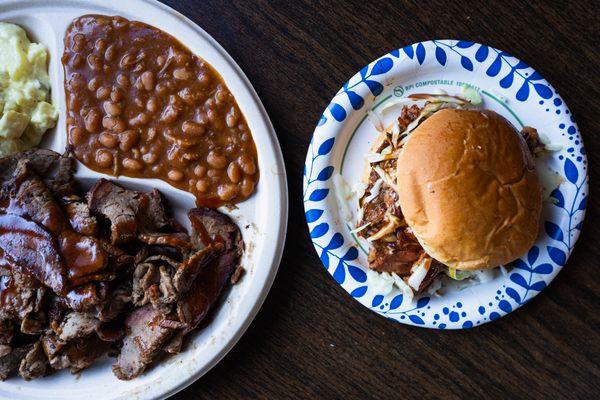About
Traveling to the Amana Colonies in Iowa is more like a trip back in time to 19th-century Germany than a visit to America’s heartland. These seven villages were settled in the 1850s by German immigrants escaping religious persecution. Communal living was the foundation of the culture in the Amana Colonies. For decades, residents would cook and eat together in communal kitchens scattered across the villages.
Today, visitors can dine in one of those historic communal kitchens, which now houses a restaurant serving hearty, authentic German fare. The Oehler family transformed the space into a restaurant in 1950. The name “Ronneburg” comes from a fortress in Hesse, Germany where the ancestors of Amana sheltered from persecution centuries ago.
Guests can dine on schnitzel and spätzle along with other favorites such as brats and pork tenderloin in a welcoming atmosphere. Platters are available for individual entrees with a selection of sides. Or, you can channel the communal history of the Amana Colonies and choose to dine family-style instead.
Co-owners and siblings Liz Busch and Doug Cox go the extra mile in the kitchen. They say, “[W]e tenderize and bread our schnitzels in house. The strawberry-rhubarb jam served with breakfast is made in house as well. Most of our meat comes from the Amana Meat Shop here in [the Amana Colonies]. The bread served at lunch & dinner is from the Amana Bakery down the street. Our spätzle is brought in from Germany.”
For dinner, Busch suggests, “[I]f you want a true German dish, I recommend the Sauerbraten which is one of our specialties. It's marinated beef in a special blend of seasonings and sweet and sour sauce made with Amana wine.”
Related Tags
Know Before You Go
The restaurant is closed on Tuesdays.
Community Contributors
Added By
Published
April 20, 2023






















